- Home
- Billionaires
- Investing Newsletters
- 193CC 1000
- Article Layout 2
- Article Layout 3
- Article Layout 4
- Article Layout 5
- Article Layout 6
- Article Layout 7
- Article Layout 8
- Article Layout 9
- Article Layout 10
- Article Layout 11
- Article Layout 12
- Article Layout 13
- Article Layout 14
- Article Sidebar
- Post Format
- pages
- Archive Layouts
- Post Gallery
- Post Video Background
- Post Review
- Sponsored Post
- Leadership
- Business
- Money
- Small Business
- Innovation
- Shop
Recent Posts
Lenovo Challenges Nvidia with New AI Offerings
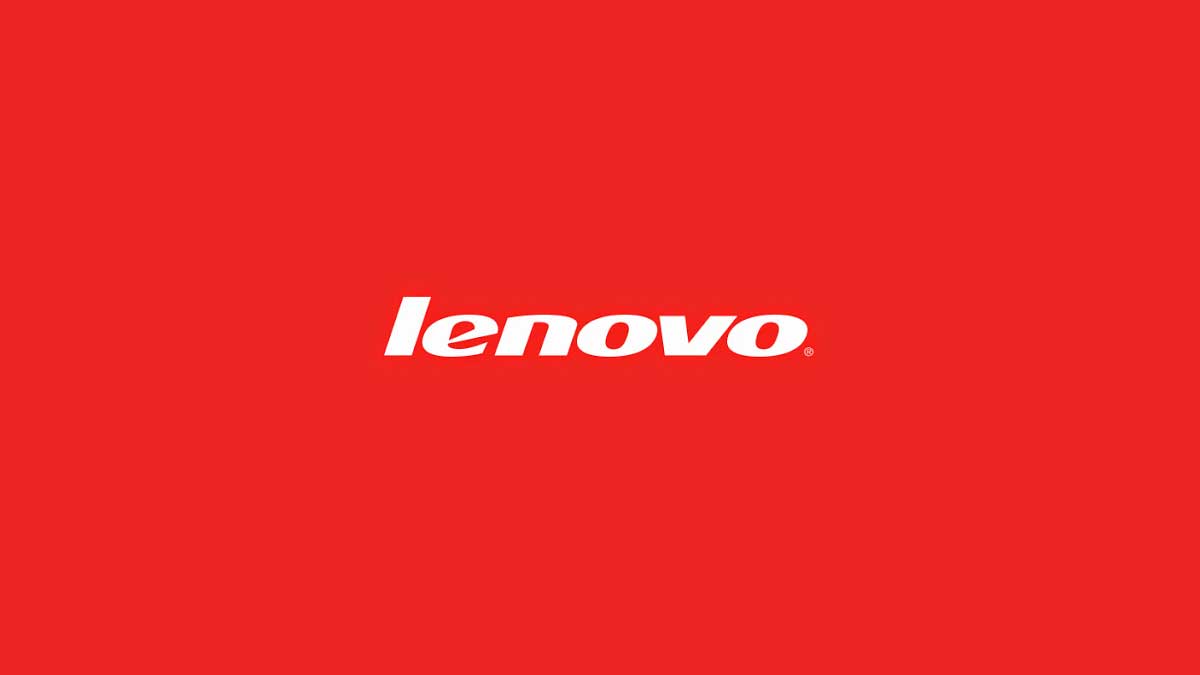
Lenovo recently unveiled a range of AI-focused updates to its infrastructure portfolio, signaling a challenge to Nvidia’s dominance in the AI space. These updates include GPU-rich and thermally-efficient systems tailored for compute-intensive tasks across industries like financial services and healthcare.
In collaboration with AMD, Lenovo’s new offerings aim to meet the growing demand for flexible and scalable AI deployments. This move not only expands Lenovo’s AI portfolio but also serves as a test for Nvidia’s stronghold in enterprise AI.
One of the key products announced is the Lenovo ThinkSystem SR685a V3, a high-performance GPU server designed for compute-heavy AI workloads. Featuring 4th Generation AMD EPYC Processors and 8 AMD Instinct MI300X GPUs, this server offers the power and memory capacity required for intense AI tasks. It also supports Nvidia’s latest HGX GPUs for added flexibility.
With 1.5TB of high-bandwidth HBM3 memory and AMD’s Infinity Fabric interconnect, the SR685a V3 delivers substantial I/O bandwidth and high-speed connections between CPUs and GPUs, making it suitable for generative AI and large language models.
Another offering, the ThinkSystem SD535 V3, is a high-performance, multi-node server designed for intensive transaction processing, cloud computing, and large-scale data analytics. Its architecture maximizes processing power while ensuring thermal efficiency, making it suitable for data centers with space constraints.
The ThinkAgile MX455 V3 Edge Premier Solution extends AI and real-time data analysis capabilities to the edge. Integrated with Microsoft’s Azure Stack HCI, this solution provides enhanced AI and compute performance with strong power efficiency. It’s designed for use in distributed edge environments like retail, manufacturing, and healthcare.
These new offerings from Lenovo, developed in collaboration with AMD, bolster the company’s hybrid AI portfolio, providing performance, flexibility, and scalability for AI workloads. Lenovo’s strategic move aims to establish itself as a leader in the AI infrastructure space, offering GPU-rich, thermally-efficient systems with flexible as-a-service options and robust professional services.
The collaboration between Lenovo and AMD also benefits AMD, providing another outlet for its MI300X accelerators. This follows Dell Technologies’ announcement of support for AMD’s accelerator technology in its PowerEdge XE9680.
While Lenovo has yet to announce support for Intel’s new Gaudi 3 accelerators, Intel indicated at its recent event that its accelerators will be available from major OEMs, including Lenovo. The availability of non-Nvidia accelerators over the coming quarters will test Nvidia’s dominance in the market, demonstrating the industry’s readiness for choice.
Recent Posts
Categories
- 193cc Digital Assets2
- 5G1
- Aerospace & Defense46
- AI37
- Arts3
- Banking & Insurance11
- Big Data3
- Billionaires426
- Boats & Planes1
- Business328
- Careers13
- Cars & Bikes76
- CEO Network1
- CFO Network17
- CHRO Network1
- CIO Network1
- Cloud10
- CMO Network18
- Commercial Real Estate7
- Consultant1
- Consumer Tech180
- CxO1
- Cybersecurity68
- Dining1
- Diversity, Equity & Inclusion4
- Education7
- Energy8
- Enterprise Tech29
- Events11
- Fintech1
- Food & Drink2
- Franchises1
- Freelance1
- Future Of Work2
- Games141
- GIG1
- Healthcare78
- Hollywood & Entertainment186
- Houses1
- Innovation42
- Investing2
- Investing Newsletters4
- Leadership65
- Lifestyle11
- Manufacturing1
- Markets20
- Media193
- Mobile phone1
- Money13
- Personal Finance2
- Policy567
- Real Estate1
- Research6
- Retail1
- Retirement1
- Small Business1
- SportsMoney33
- Style & Beauty1
- Success Income1
- Taxes2
- Travel10
- Uncategorized8
- Vices1
- Watches & Jewelry2
- world's billionaires395
Related Articles
NetApp Boosts Intelligent Data Infrastructure for AI
NetApp, a prominent player in the intelligent data infrastructure space, is making...
By 193cc Agency CouncilSeptember 24, 2024Arm Unveils Next-Gen AI Chips at Computex 2024
Earlier this month at Computex 2024 in Taiwan, Arm made headlines with...
By 193cc Agency CouncilJune 29, 2024OpenAI Boosts Data Capabilities with Rockset Acquisition
OpenAI recently acquired Rockset, a prominent real-time analytics company, signaling a strategic...
By 193cc Agency CouncilJune 24, 2024OpenText Enhances ECM with AI Upgrades in Cloud Edition 24.1
OpenText has unveiled OpenText Cloud Edition 24.1, featuring enhanced generative AI capabilities...
By 193cc Agency CouncilJune 19, 2024











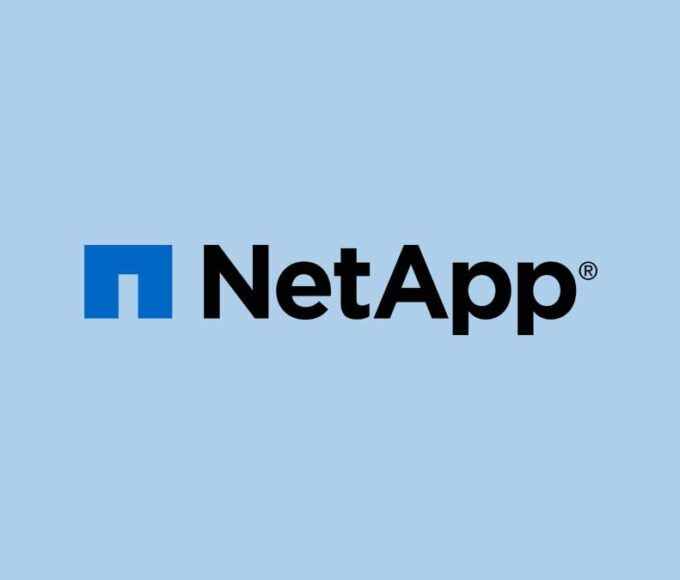
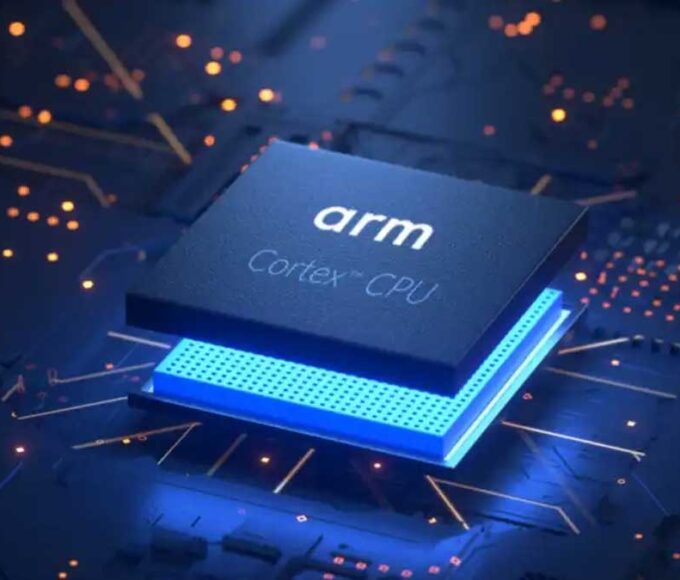
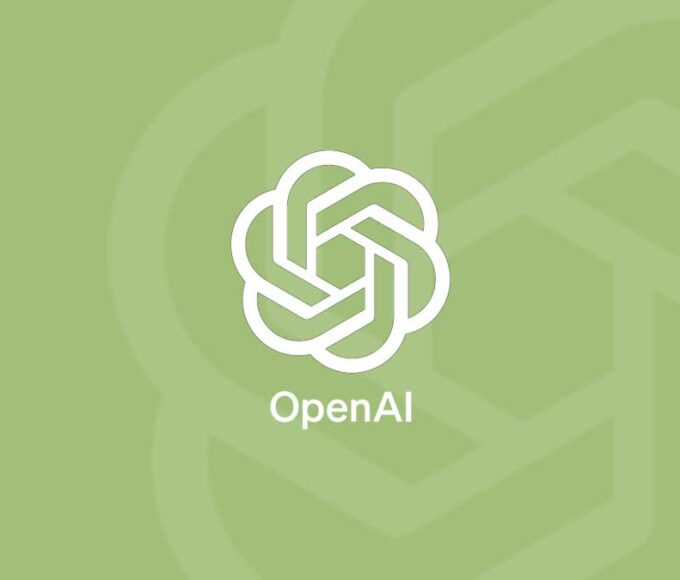
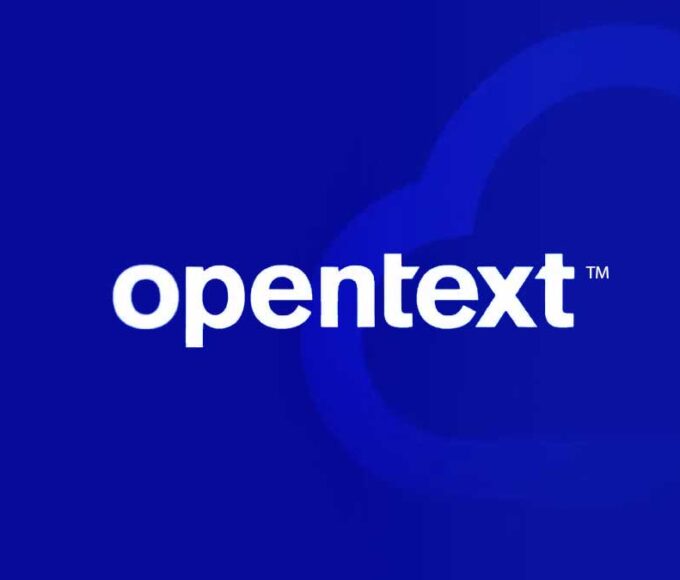
Leave a comment